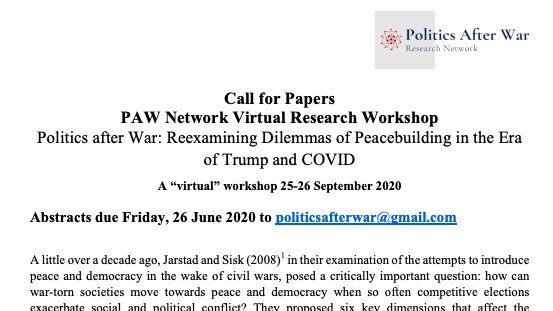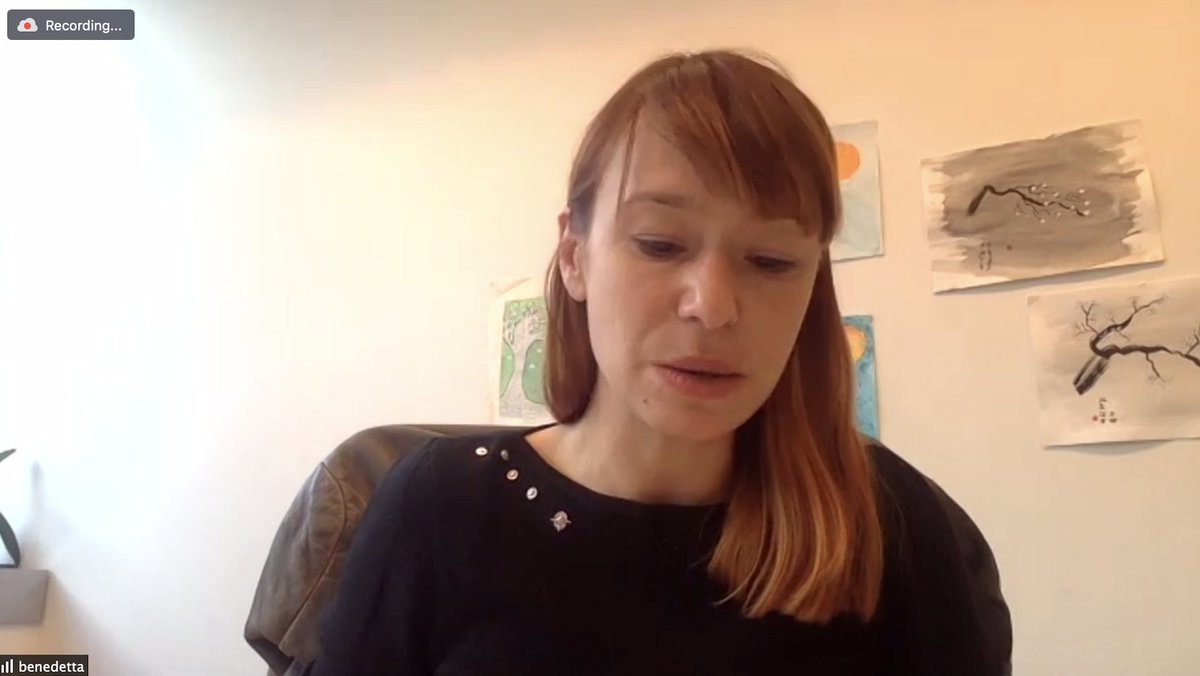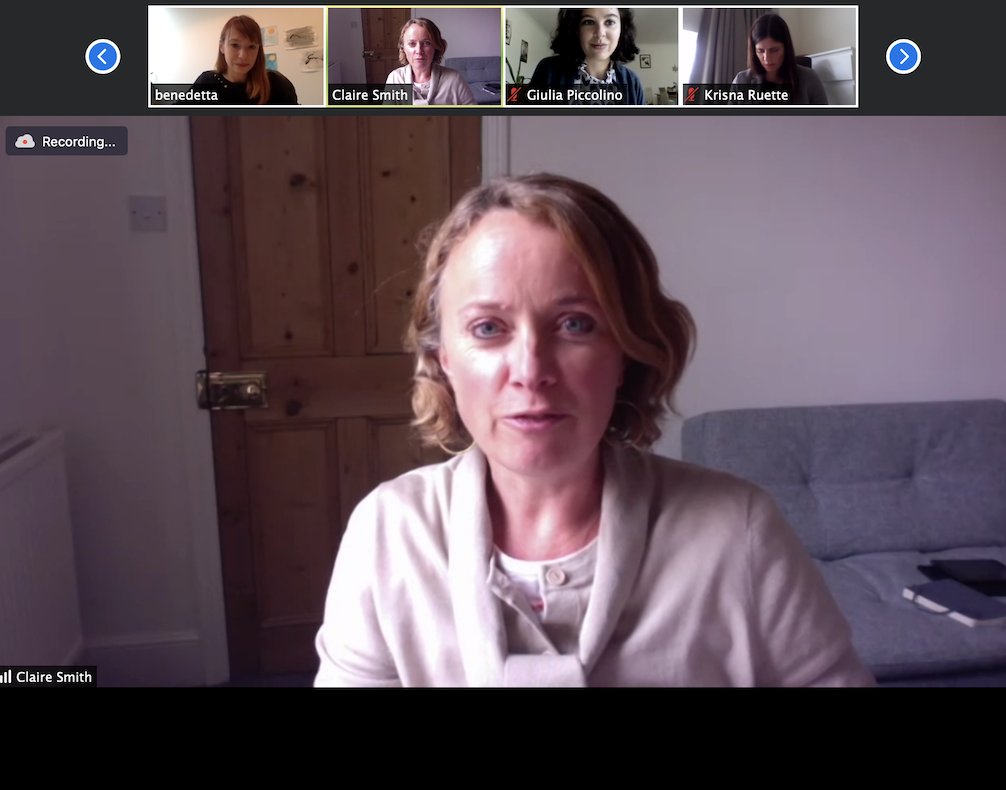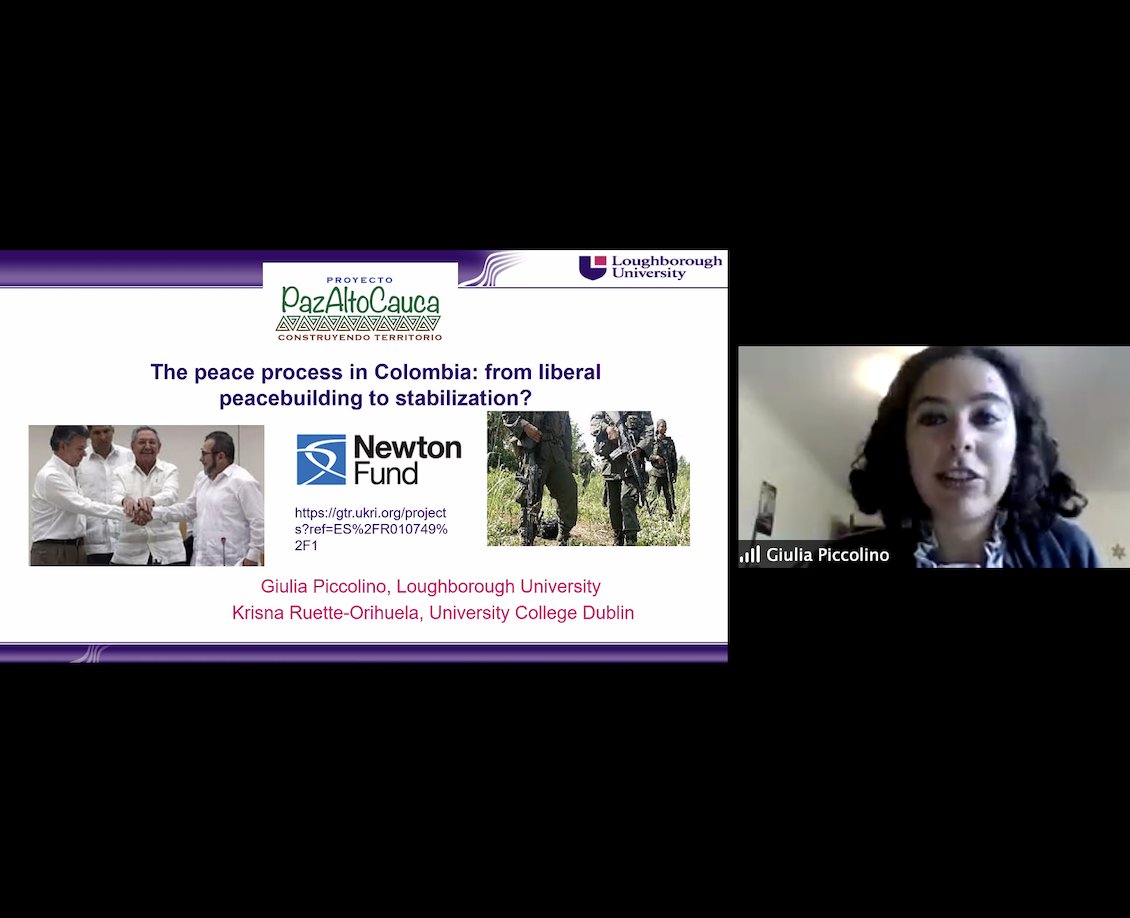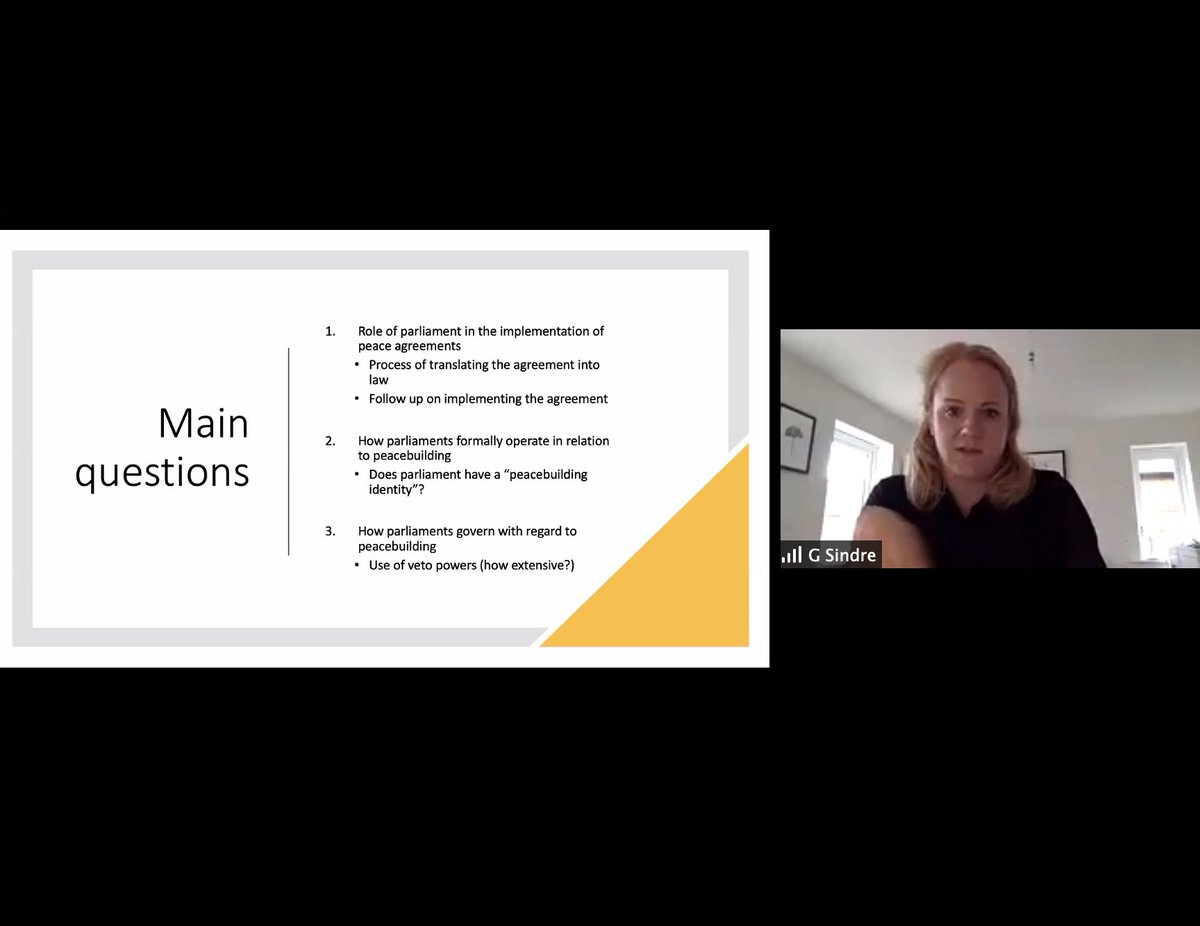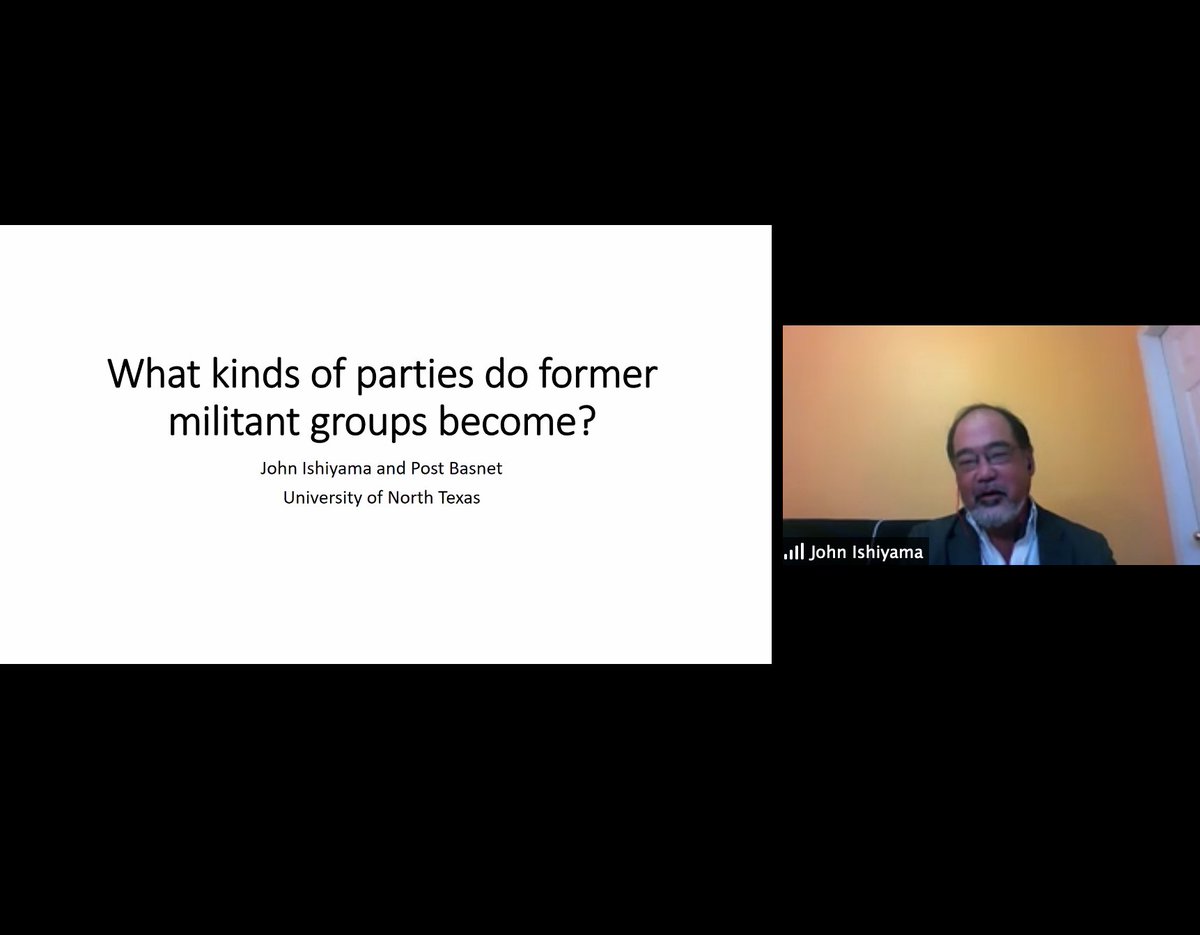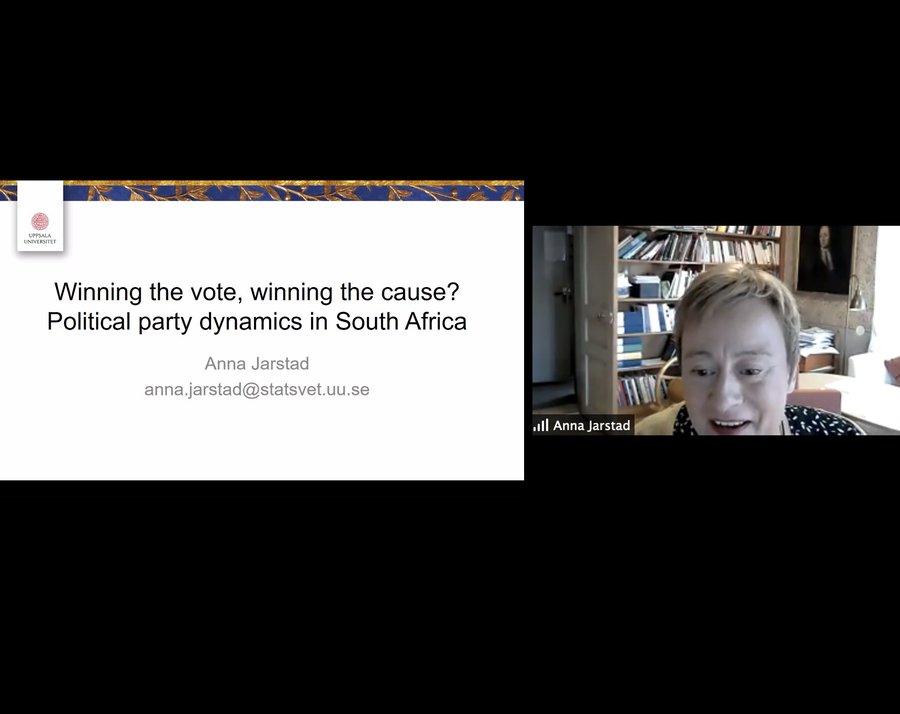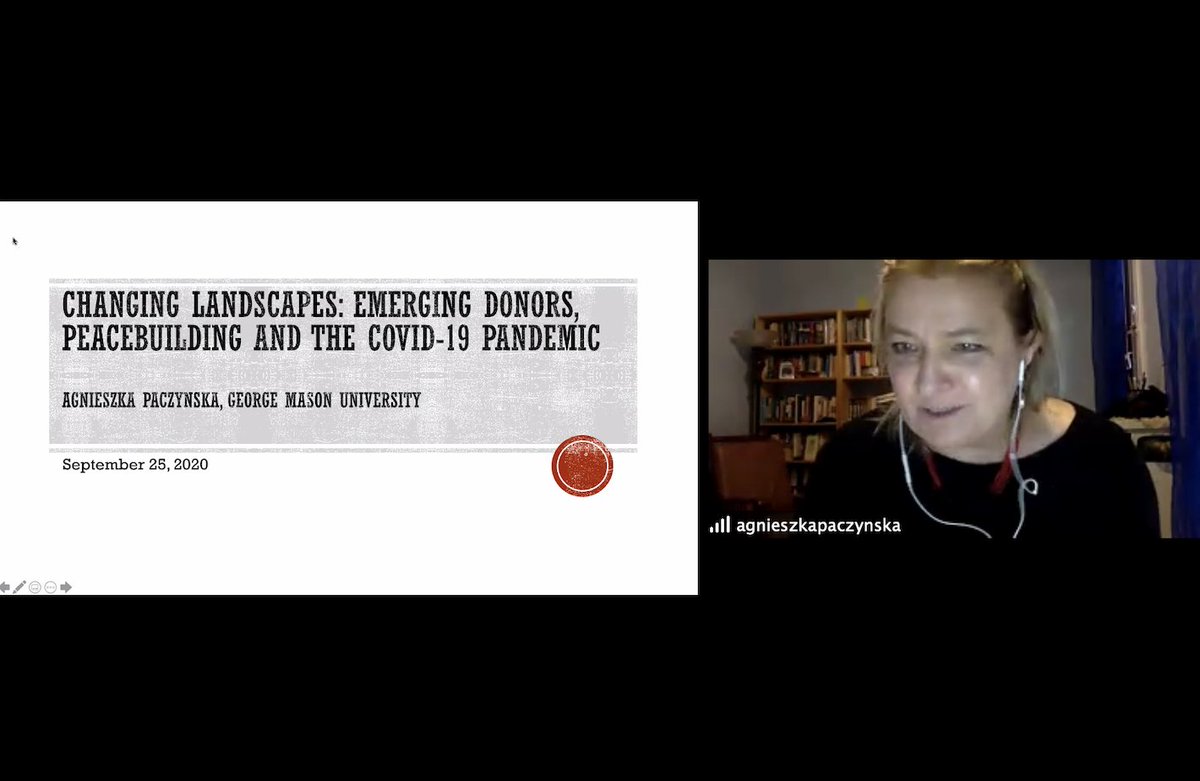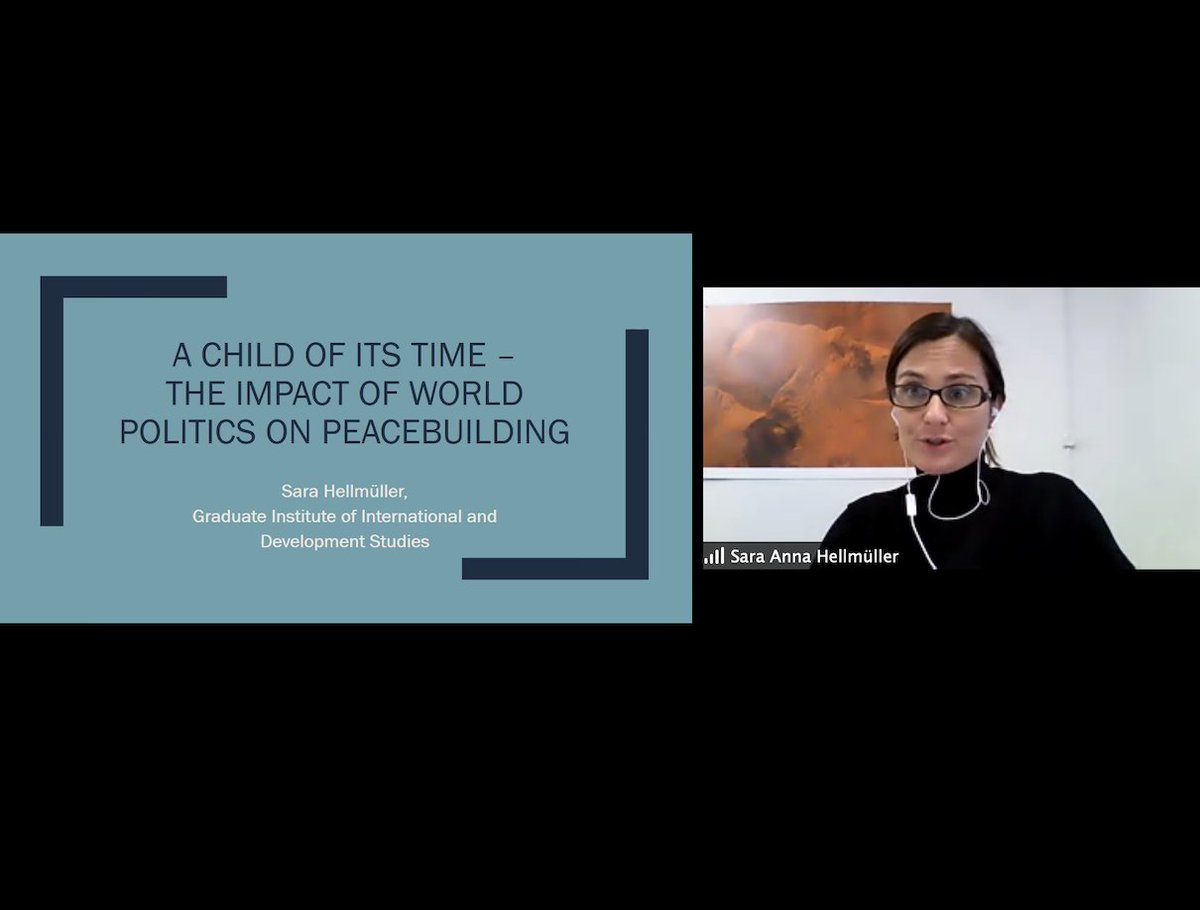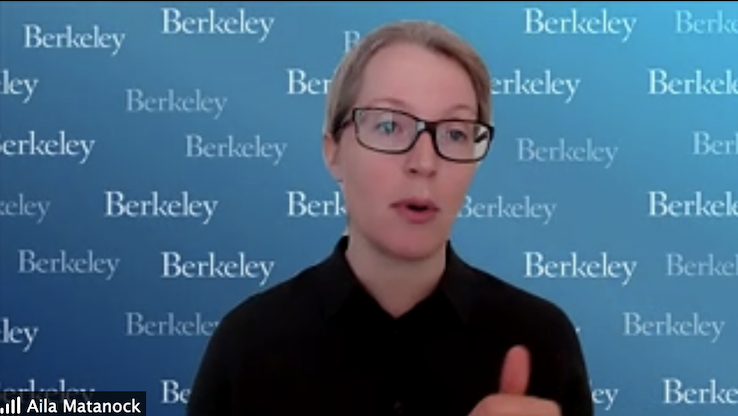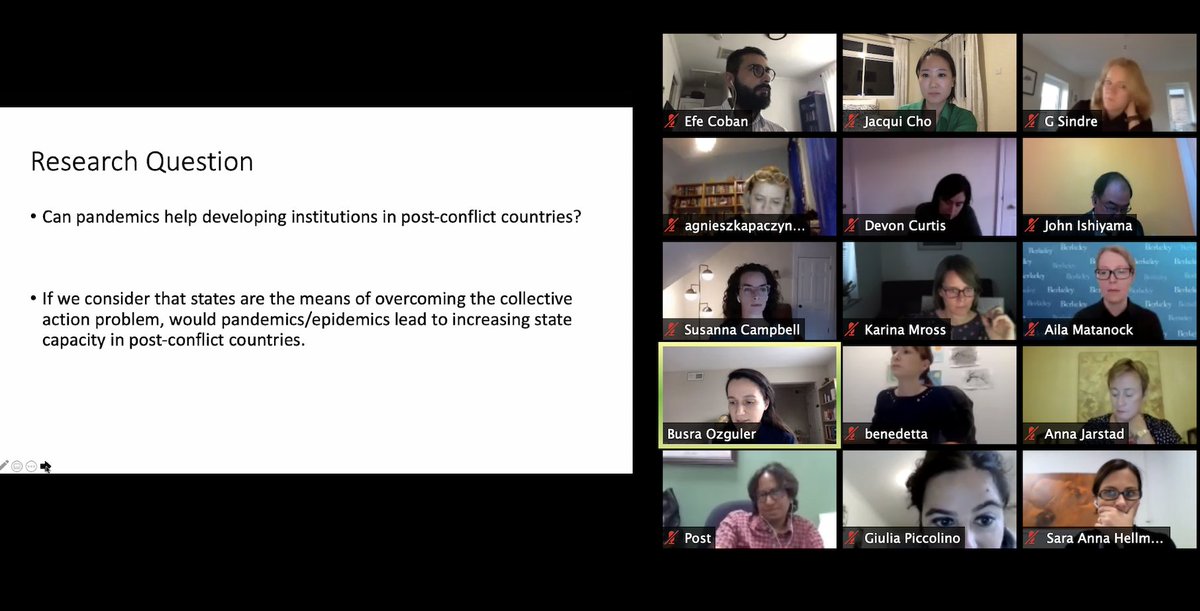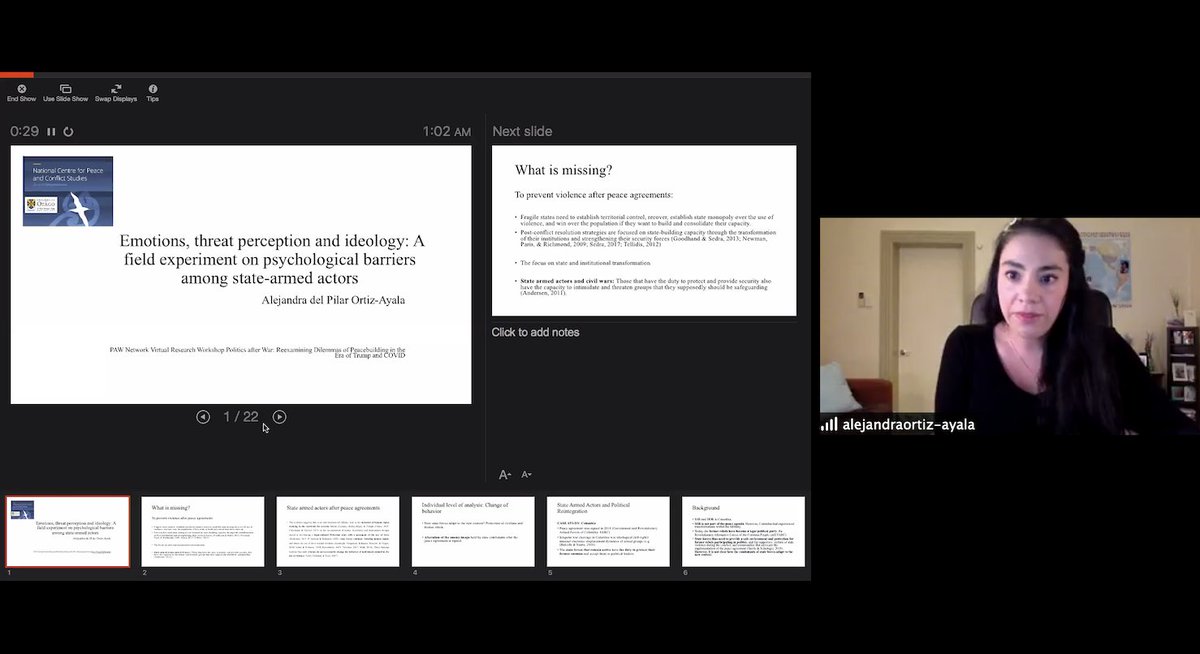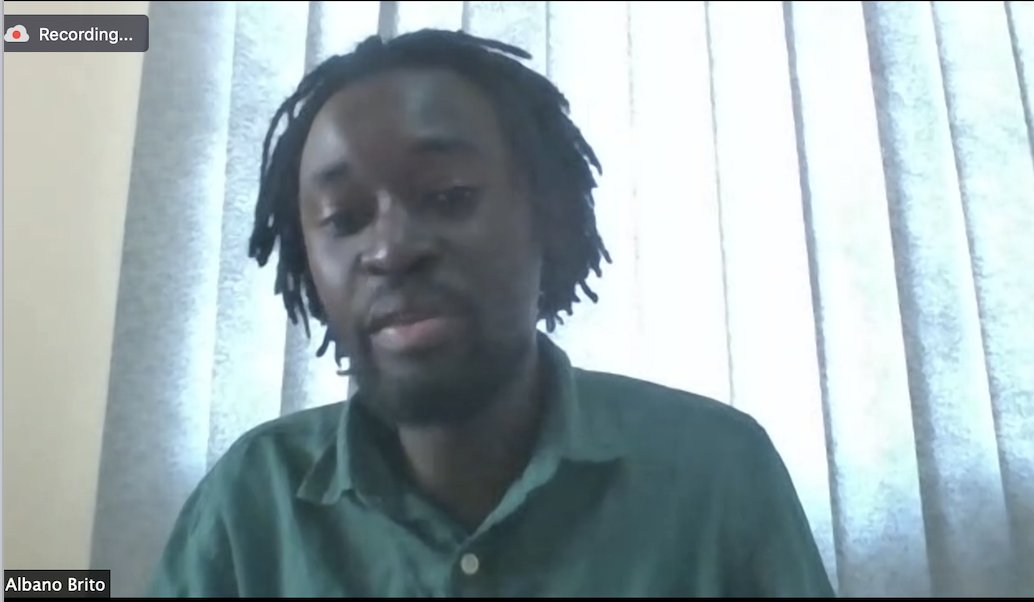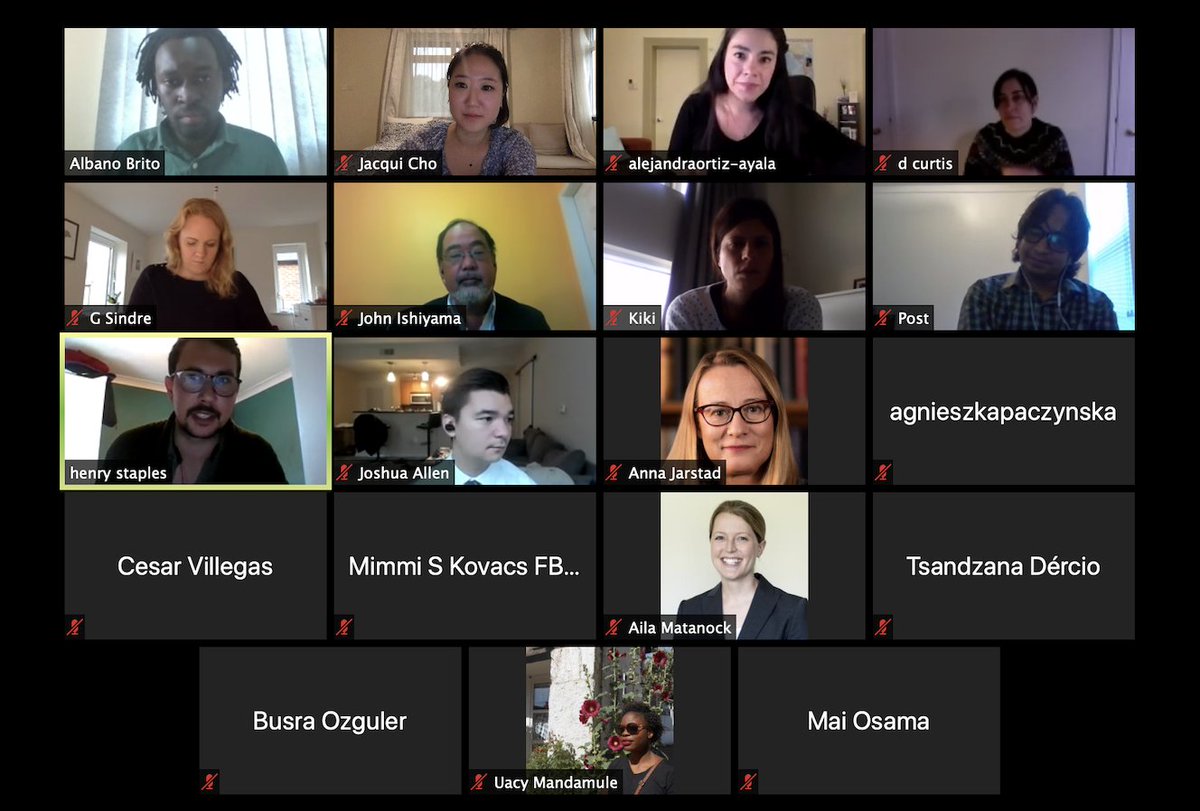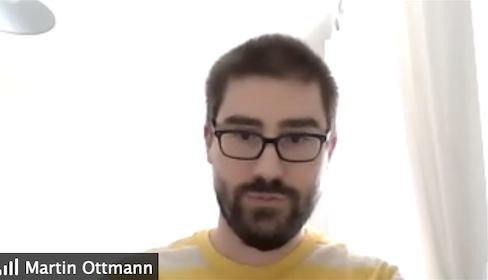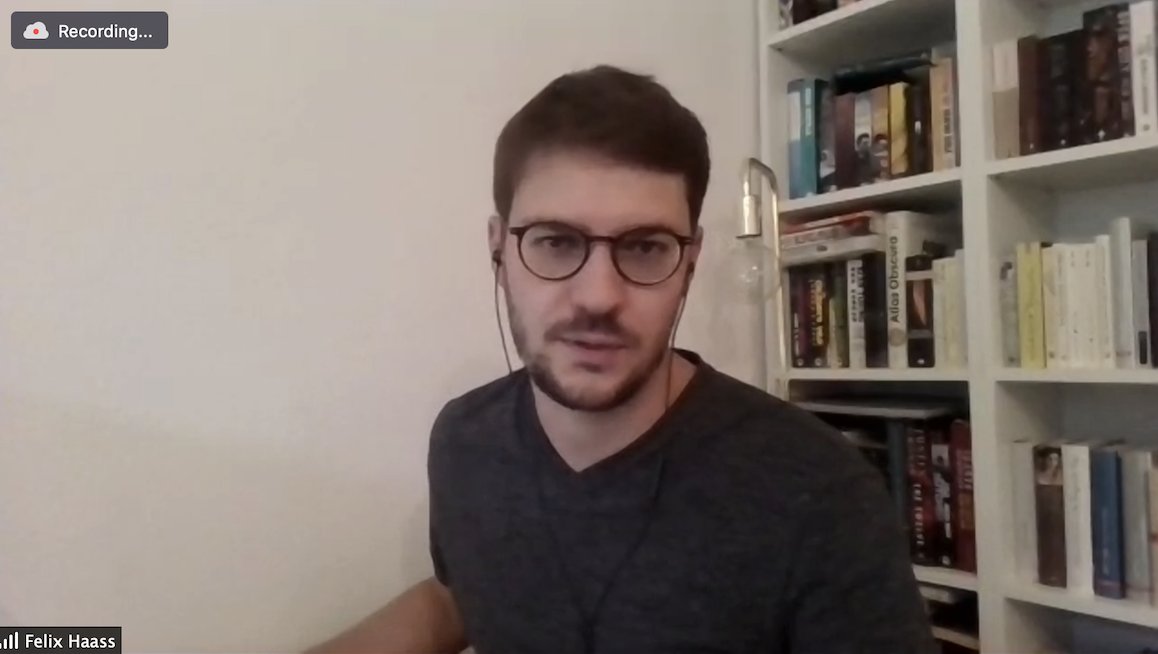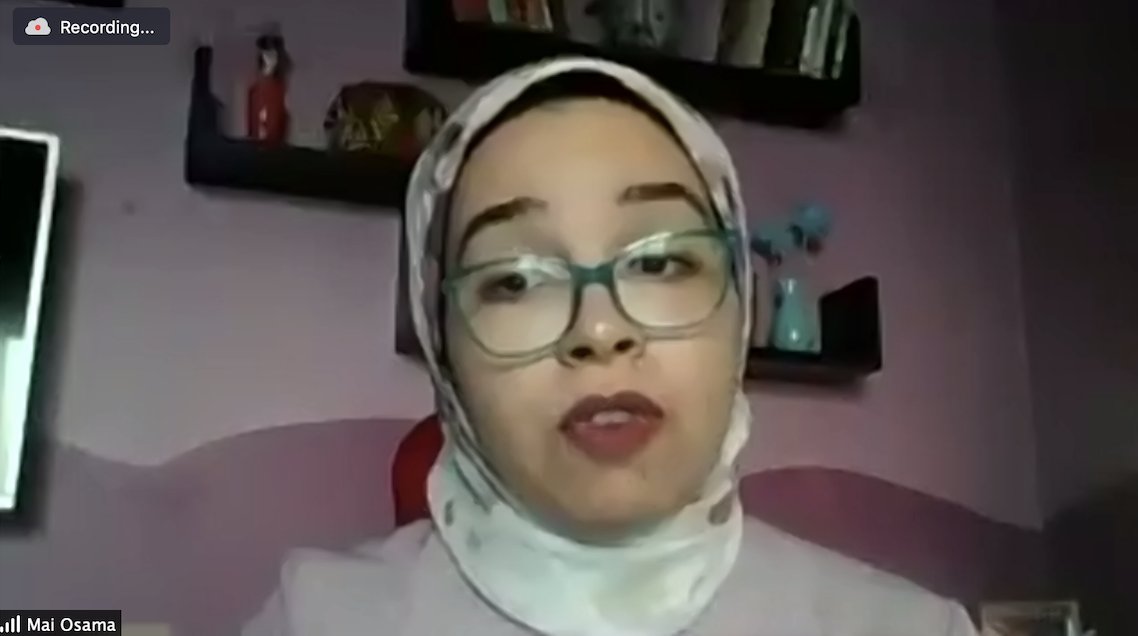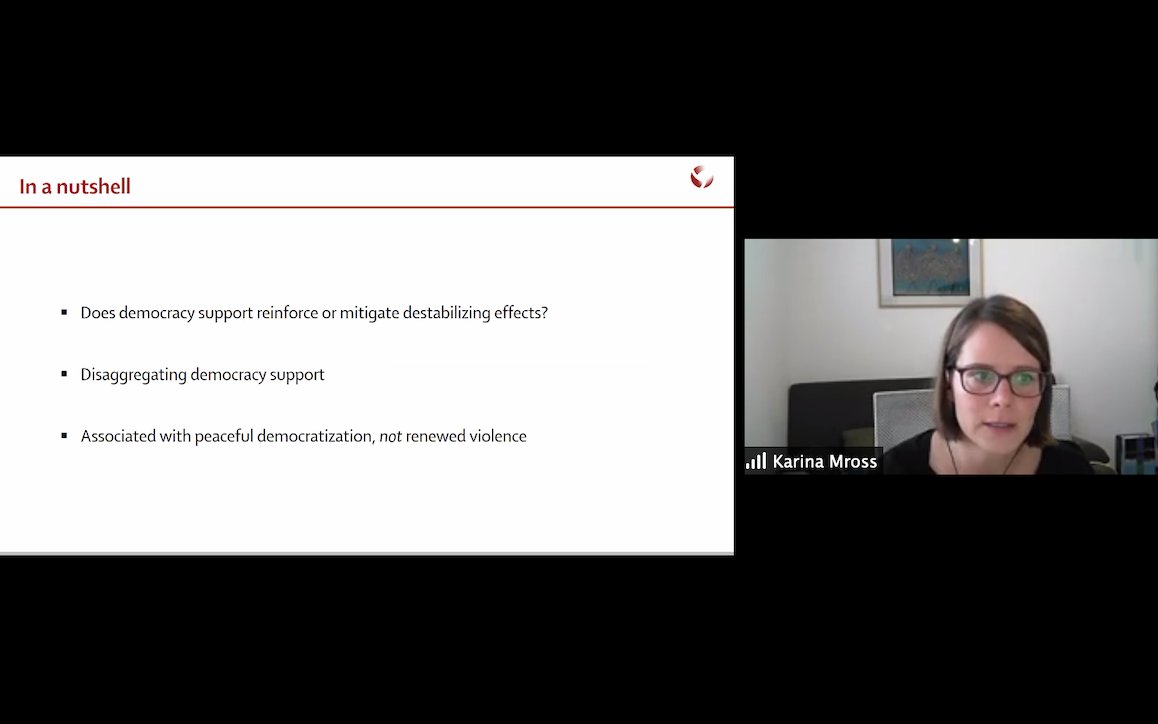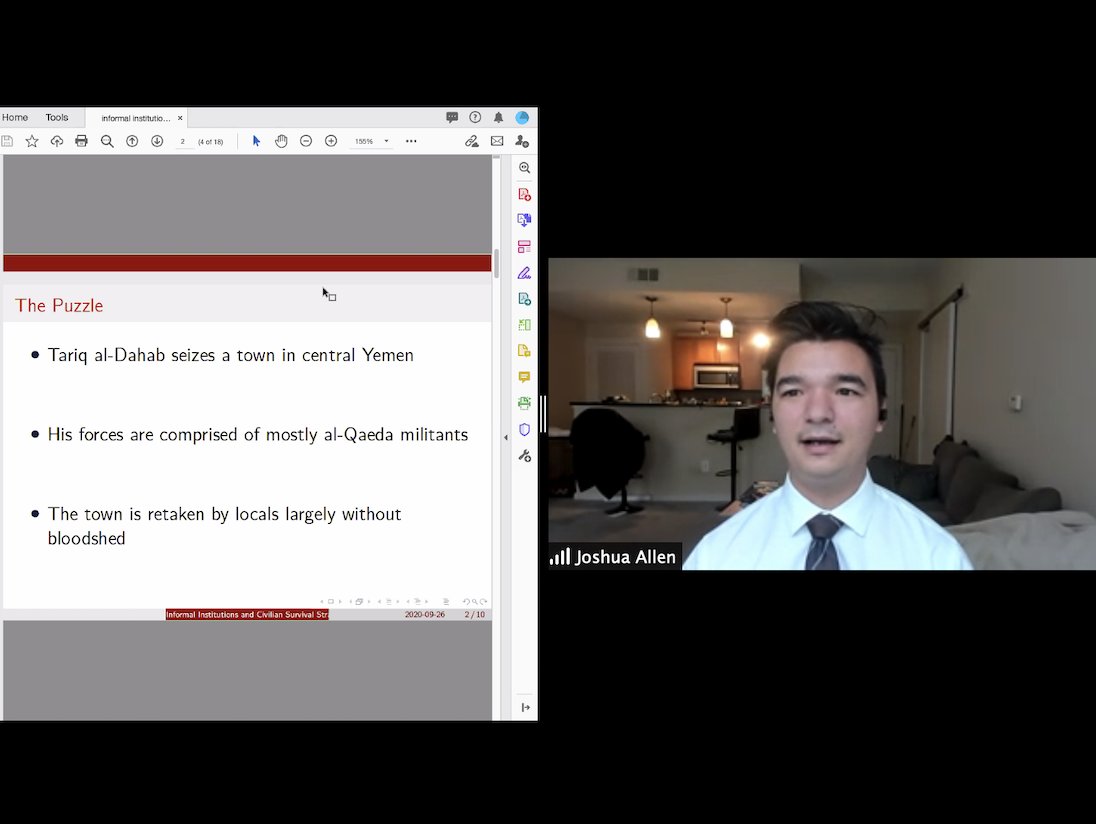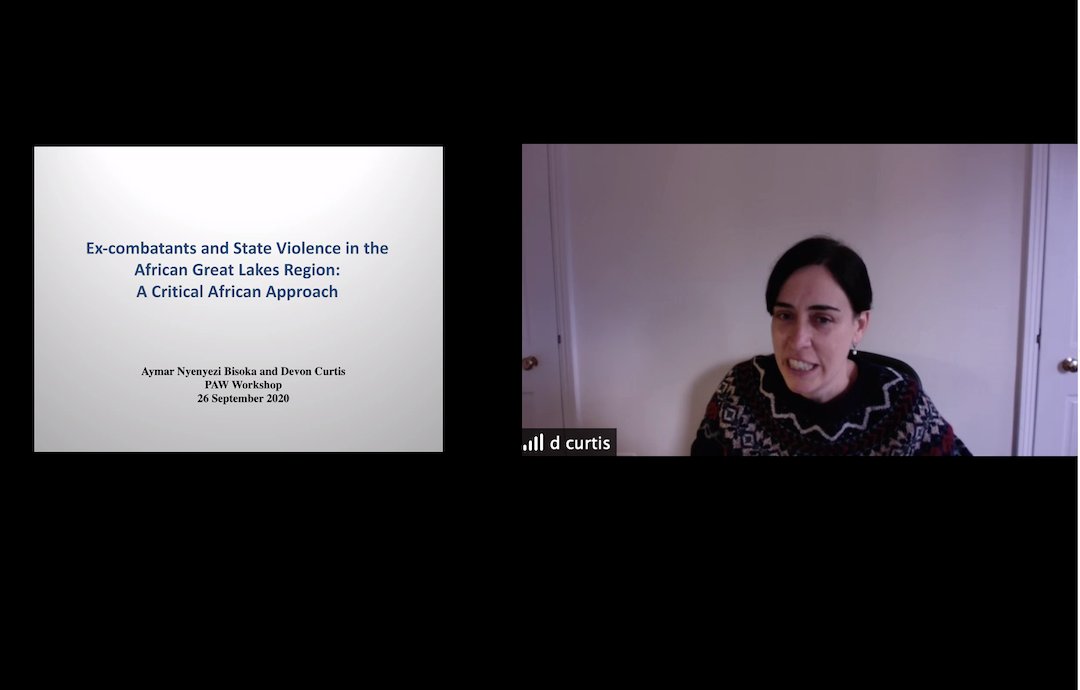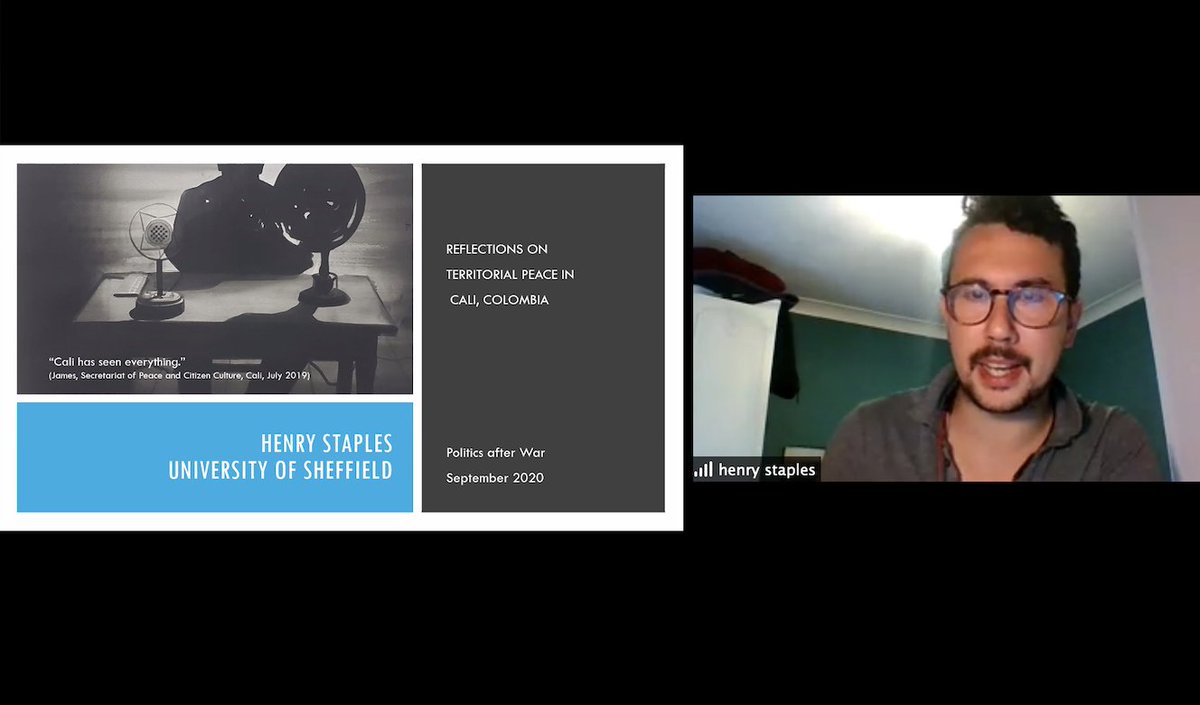We& #39;re about to kick off our 2-day workshop "Reexamining Dilemmas of Peacebuilding in the Era of Trump and COVID". Follow this thread to join the discussion!
Organised by: @DrGydaSindre, @jishiyama, @MimmiSKovacs, Dr Devon Curtis & Dr Carrie Manning. 1/x
https://politicsafterwar.com/2020/05/16/paw-network-virtual-research-workshop-reexamining-dilemmas-of-peacebuilding-in-the-era-of-trump-and-covid-25-26-september-2020/">https://politicsafterwar.com/2020/05/1...
Organised by: @DrGydaSindre, @jishiyama, @MimmiSKovacs, Dr Devon Curtis & Dr Carrie Manning. 1/x
https://politicsafterwar.com/2020/05/16/paw-network-virtual-research-workshop-reexamining-dilemmas-of-peacebuilding-in-the-era-of-trump-and-covid-25-26-september-2020/">https://politicsafterwar.com/2020/05/1...
Starting our first panel "Dilemmas in an Illiberal World" with @benedettabertiw & @MikiSosnowski& #39;s paper on coercive counterinsurgency, siege and forced displacement in #Syria. 2/x
Followed by @claireqsmith& #39;s presentation on her research on Indonesia& #39;s approach towards #Myanmar - what explains their response? Do Indonesia& #39;s actions reflect a deepening democracy or other strategic goal? 3/x
Drawing on critical analysis of the Colombian govt& #39;s appropriation of the int& #39;l discourse and practice of stabilisation, @GiuliaPiccolino and Krisna Ruette ask - are we are seeing a shift from liberal peacebuilding to stabilisation in #Colombia? 3/x
Panel 2 on "Dilemmas of Party Politics" - Parliaments are a key factor in explaining peacebuilding outcomes but have been largely ignored by scholars & practitioners alike.
@NinaCaspersen and @DrGydaSindre setting out a rationale for studying parliaments as part of PB. 5/x
@NinaCaspersen and @DrGydaSindre setting out a rationale for studying parliaments as part of PB. 5/x
. @jishiyama and Post Basnet presenting their fascinating work on the trajectories of former militant groups - do they become particular "species" of political parties? What are the implications on democracy after civil wars? 6/x
. @AJarstad, whose work inspired this workshop (!), then turned to South Africa, a country with a complex mix of social cohesion and polarisation. How do the 4 dilemmas developed in Jarstad & Sisk (2008) play out re party politics and pol violence in South Africa? 7/x
Starting our final panel for the day "Intervention Dilemmas" w @Apaczynska& #39;s fascinating paper looking at the relationship bt emerging donors, peacebuilding & COVID-19. Zooming into the rhetoric vs reality of these donors, she explores the changing donor landscapes on PB. 8/x
. @SaraHellmuller poses a v timely question on how the shift towards multipolarity influences UN PB. Based on 6 case studies, she discusses how the conception & execution of UN peace missions are changing in the face of increased geopolitics & a crumbling liberal order. 9/x
Conceptualising statebuilding as the provision of goods & services via incomplete ‘contractual relationship’ between the host govt and the IO, @SusannaCampbell & @matanock offer a fascinating, fresh lens through which we can view external interventions in "weak states". 10/x
Wrapping up our incredible first day with Busra Nur Ozguler Aktel & Efe Can Coban& #39;s question - Can the COVID-19 pandemic increase institutionalisation in fragile, post-conflict countries? Lots of interesting ideas to be a v important contribution to research on the pandemic. 11/x
12/x
Fascinating presentation by @aleortizayala on emotions, threat perception & ideology among state armed actors in #Colombia! If institutions are insufficient to change behaviours, what explains the attitudes of state forces towards "out-group"? And what are the implications? 13/x
Albano Brito then speaks on renegotiating political settlement after two decades of international "success" in #Mozambique - how did Mozambique manage to preserve peace and why the return to violence after nearly 20 years? Followed by excellent discussion from the floor!
14/x
14/x
@martin_ottmann & @felixhaass kick off the panel "Dilemmas of Democratisation" with presentation on the effect of wartime legacies on electoral mobilisation after civil war, focusing on #Aceh, Indonesia. What does this mean for democracy & clientelism in fragile contexts? 15/x
Drawing on elite interviews, Mai Osama revisits the question of int& #39;l influence on #rebeltopartytransformation through the case study of SPLM & SPLM/N in #SouthSudan. How might the current int& #39;l context marked with populism & disengagement change the dynamics in the country? 16/x
What is the relationship bt external democracy support & post-war democratisation? Combining quantitative analysis w a study on #Liberia, @KarinaMross explains that support can help prevent conflict recurrence, complicating & adding to the peace vs democracy debate. 17/x
We& #39;re starting our final panel "Dilemmas of Everyday Politics" with @joshuallen17 & #39;s research on how informal institutions shape the behaviour of non-combatants and militant groups. Looking at #Yemen, he suggests several factors that shape civilian choice in civil wars. 18/x
Drawing on critical Afr perspectives and rich interviews w & #39;peripheral rebels& #39; in #DRC & #Burundi, Devon Curtis ( @CASCambridge) questions the war-chaos // rule of law-order dichotomy. W @ABisoka, they call for a fresh look at the relationship bt war, peace, violence & state. 19/x

 Read on Twitter
Read on Twitter